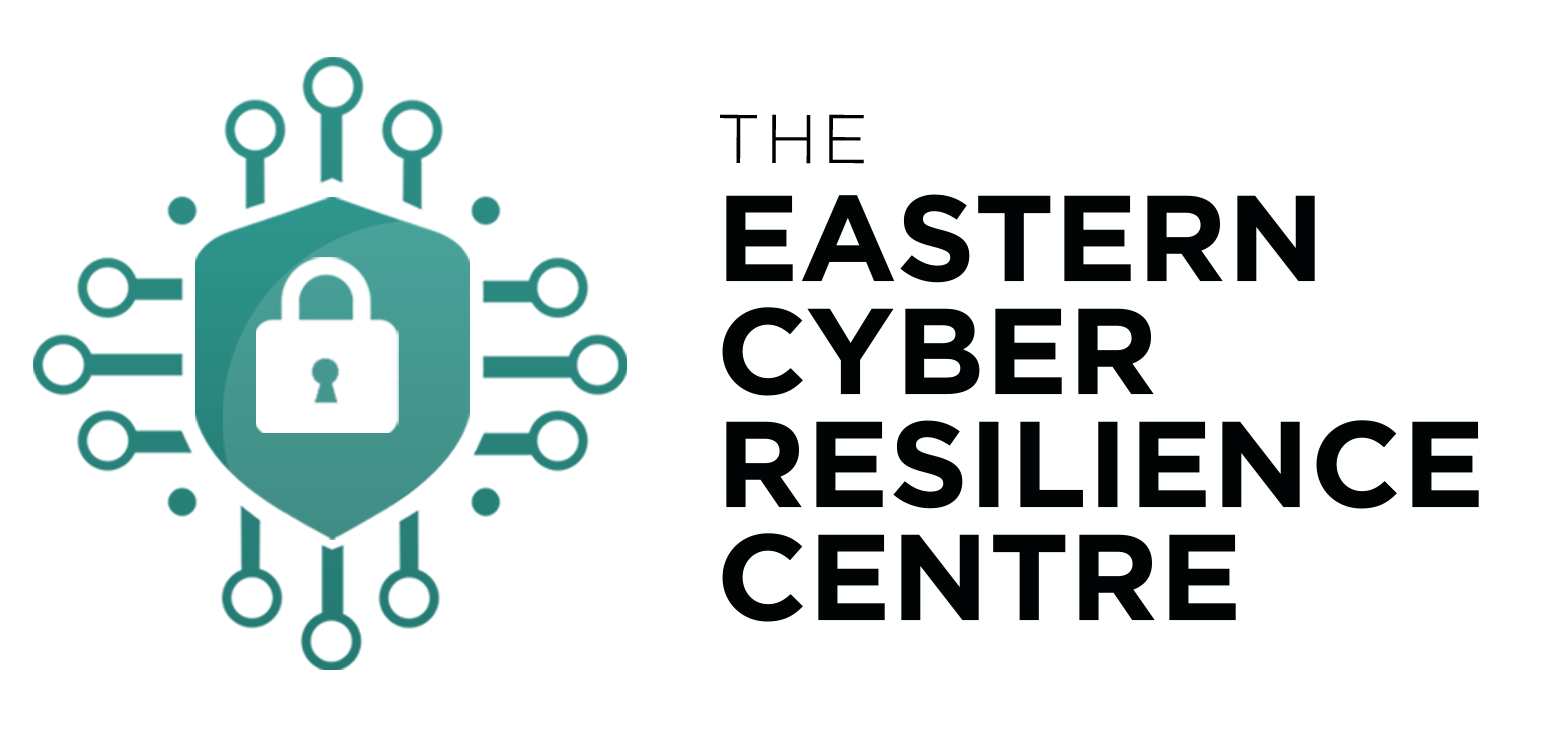Cybercrime
Cybercrime is an ever increasing threat within the UK. The cost of cyber crime is estimated to be costing the UK economy billions of pounds per year, and the costs to individuals and businesses are often staggering.
Cybercrime can be split into two broad categories:
Cyber-dependent crimes
Also known as ‘pure’ cybercrimes are offences that can only be committed using a computer, computer networks or other forms of information communications technology (ICT). An example of a cyber-dependent crime is gaining unauthorised access into someone’s computer network, this can also be called ‘hacking’.
Cyber-enabled crimes
Such as fraud, the purchasing of illegal drugs and child sexual exploitation can be conducted on or offline, but online may take place at unprecedented scale and speed.
Examples of cybercrime include:
1: Unauthorised access – this involves gaining access into someone’s computer network without their permission, and then taking control and/or taking information from other people’s computers. Examples may include accessing the secure area on the school’s computer network and looking for test paper answers or trying to change test scores.
2: Making, supplying or obtaining malware (malicious software), viruses, spyware, botnets and Remote Access Trojans is illegal. These programmes allow criminals to get into other people’s computers to carry out illegal activities. ‘Pranking’, by remotely accessing a friends computer when they don't know you are doing it and messing around is still illegal.
3: Carrying out a DDoS (Distributed Denial of Service) attack or 'booting'. A DDoS attack is an attempt to make an online service unavailable by overwhelming it with internet traffic from multiple sources. ‘Online service’ could be a large website or an individual internet user. Booting someone offline whilst playing online games may seem like a harmless joke, but is still illegal.
Cyber Choices
Cyber Choices was created to help people avoid mistakes by enabling them to make informed choices and so use their cyber skills and interests in a legal and ethical way, which can lead to an interesting and rewarding career. Find out more about Cyber Choices here.
Advice
For advice and information on how you can keep yourself online, whether as a member of the public, or as a business, please visit the following sites:
Useful documents
The following documents have been collated by our Cyber Protect and Prevent teams:
Little leaflet of cyber advice
You can sign up to the ERSOU Cyber Protect newsletter by visiting the contact us page and selecting cyber.
Eastern Region Cyber Resilience Centre

The Eastern Cyber Resilience Centre is part of a national network of centres, established by the Home Office to help businesses, charities and public sector organisations tackle the rising threat of cyber-attack.
The Centre is a not-for profit limited company that is staffed by police and funded through a mixture of private and public money. Sitting alongside the existing Police Cyber Protect Network its key objectives are raising awareness of cyber risks and providing affordable services to its members to help them recognise their own vulnerabilities and improve their cyber resilience.
Working alongside partners in the private cyber sector, academia and the police, the centre is uniquely placed in its ability to reach out to regional businesses and help them to become more secure in the online space.
For more information please visit the ECRC website.







